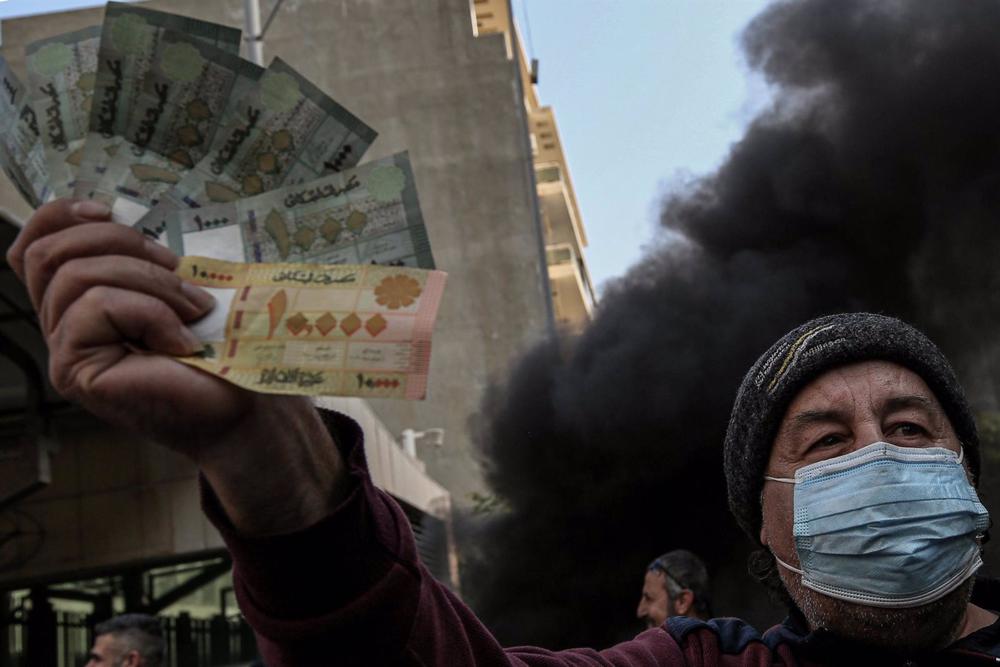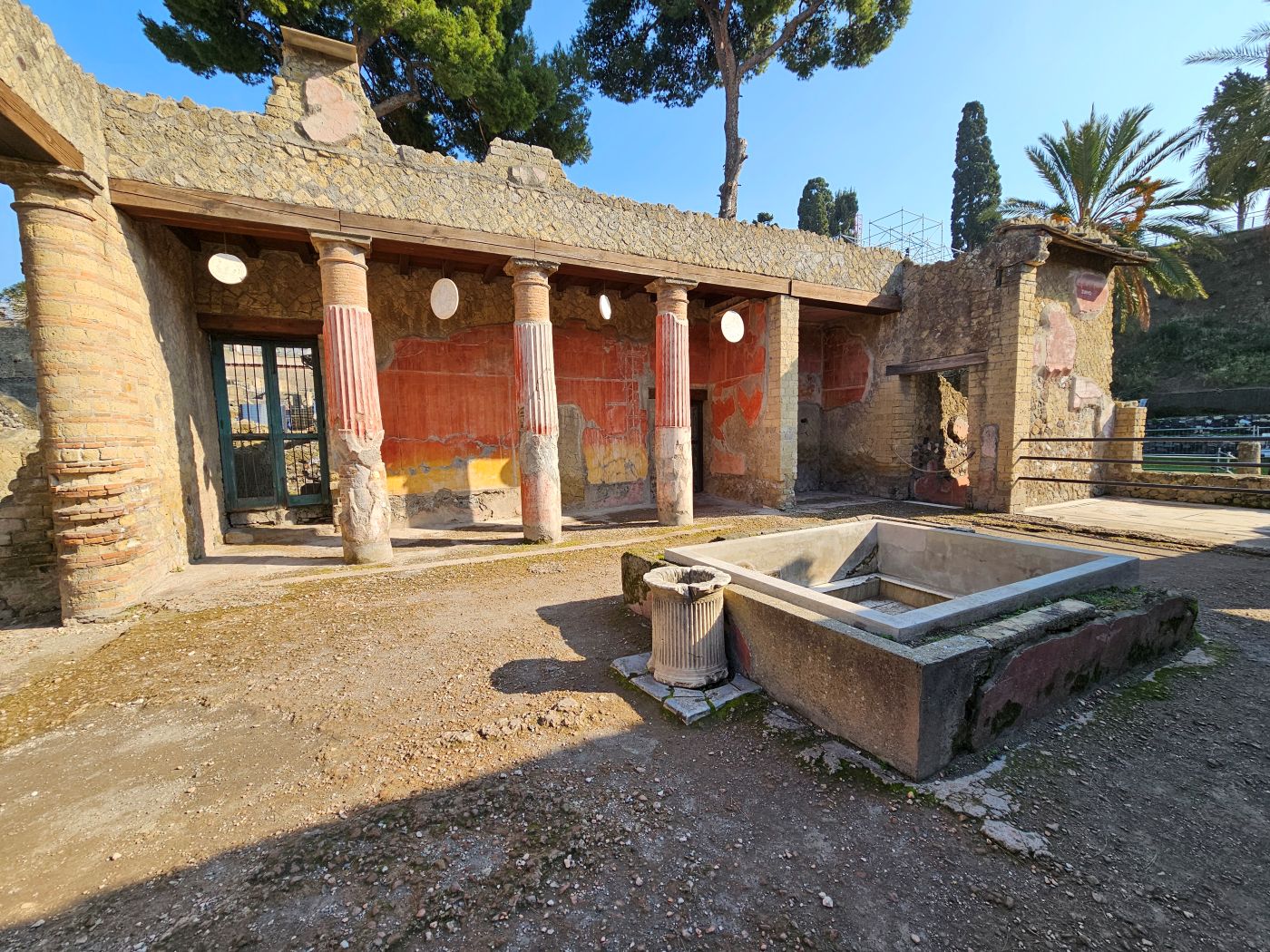
The Lebanese pound, Lebanon’s national currency, recorded a new historic plunge against the dollar this week amid protests in the capital, Beirut, in front of the Central Bank’s headquarters to demand the immediate resignation of its governor, Riad Salamé.
The exchange rate of the dollar now stands at 63,000 pounds on the parallel market and, at the official exchange rate, the currency has lost 97 percent of its value since the outbreak three years ago of the last episode of the almost endemic economic crisis that the country is dragging along, fed by poverty and energy shortages.
The efforts of the Bank of Lebanon to try to moderate the fall of the pound through the creation of exchange platforms such as Sayrafa are so far proving unsuccessful due, point out experts consulted by ‘L’Orient le Jour’, to a state of absolute political mistrust in a country where «the Presidency is vacant and the Council of Ministers lacks full powers».
To this must be added the investigation that has been weighing on the governor for two years. Since 2020, at least six European countries (Germany, France, Liechtenstein, Luxembourg, Switzerland and the United Kingdom) have opened investigations against Salamé and certain financial intermediaries on various charges such as embezzlement, forgery, money laundering, illicit enrichment or tax evasion. Salamé has categorically rejected the accusations and an indictment still seems distant, but this case has done nothing to aggravate his figure towards the population.
Returning to the currency crisis, some experts do not even rule out that the dollar could double its value by the end of the year if the current political and economic status quo persists, notes the media, at a time when the country is trying to finalize an agreement with the International Monetary Fund (IMF) whose terms have satisfied almost no one.
To recall: the approximately 3 billion dollars offered by the IMF over the next four years implies a complete restructuring of its banking sector – audits of its 14 main banks included – as well as of the national debt, including the adoption of a unified exchange rate and formal capital controls, according to the speeches of the national leaders after the preliminary agreement reached in April last year.
The findings of the September visit of IMF experts to the country did not yield encouraging results. «The Lebanese economy remains severely depressed due to continued stagnation over much-needed economic reforms and great uncertainty,» according to the trip’s final communiqué, which criticized the authorities’ «sluggishness» in implementing the terms of the April agreement.
«Delaying the implementation of the terms will only have repercussions for the country and its people. The stipulated prior actions must be completed before IMF management will consider this program: The banking sector must assume its large losses and fully protect small depositors,» adds the international institution.
Source: (EUROPA PRESS)






